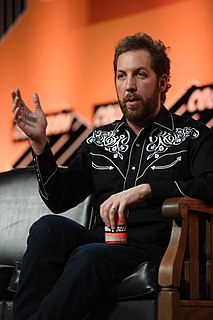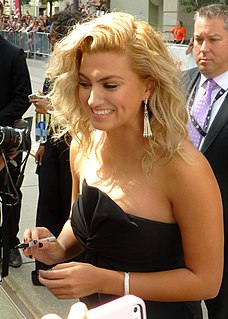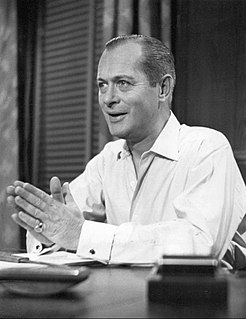A Quote by Dick Costolo
I was in Shanghai recently, where Twitter is blocked, and yet there were ads and billboards across town with hashtags on them.
Related Quotes
The semiology and phenomenology of hashtaggery intrigues me. From what I understand, it all began very simply: on Twitter, hashtags - those little checkerboard marks that look like this # - were used to mark phrases or names, in order to make it easier to search for them among the zillions and zillions of tweets.
Despite the metadata attached to each tweet, and despite trails of retweets and 'favorite' tweets, the Twitter corpus lacks the latticework of hyperlinks that makes Google's algorithms so potent. Twitter's famous hashtags - #sandyhook or #fiscalcliff or #girls - are the crudest sort of signposts, not much help for smart searching.
The street is the most impactful for me really, always, and the Internet. I guess I'd like to sell some more light pieces so I can rent some more billboards; that's my only ambition in life really. Then I'd like to save up some money so I can buy a very simple wooden house, and then after that I'd like to start buying billboards. I'd like to buy a bunch of billboards in different cities so we owned them and I could give them to Occupy to tell the truth with.
When you're reading a newspaper and you're seeing ads on the page, it's not kind of invasive. Like, it's on the page next to the article. You can look at it or not. You can turn the page when you're ready. On the internet, the ads - many of the ads - just are so controlling. They insist that you see them.



































